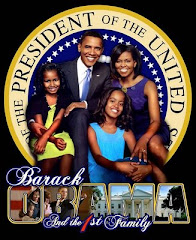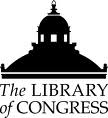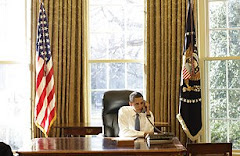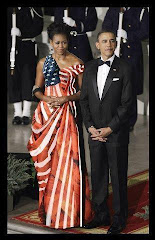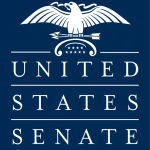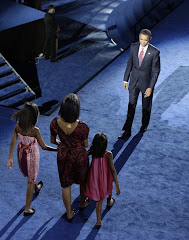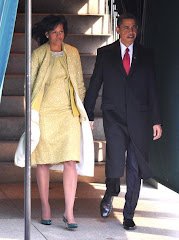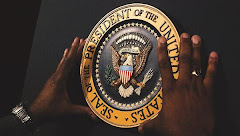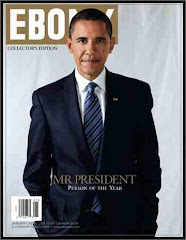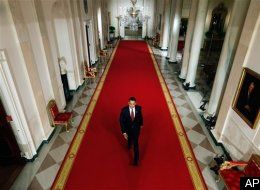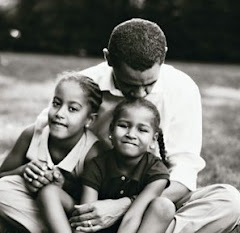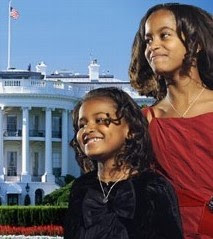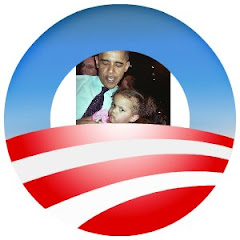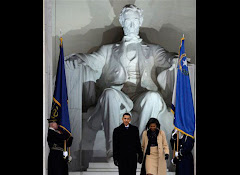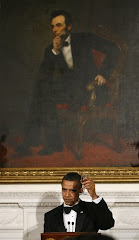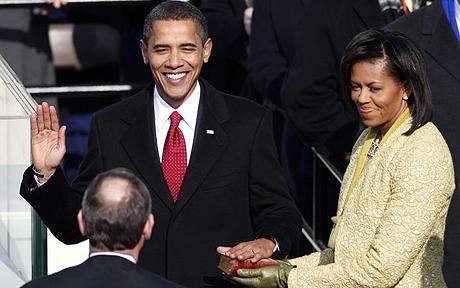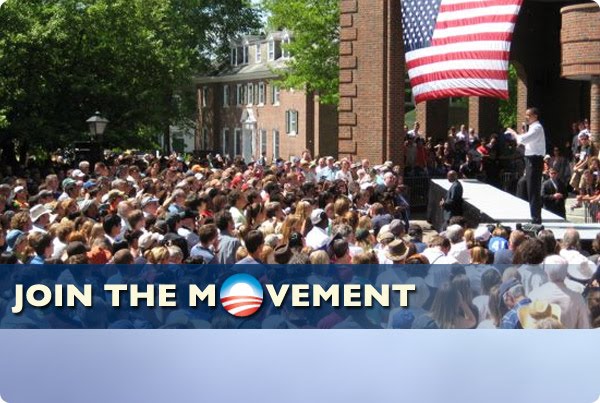Budgets Approved, With No G.O.P. Votes
WASHINGTON — The House and Senate approved budgets of about $3.5 trillion for the government on Thursday with no Republican support, a sign of deep partisan tensions likely to color Congressional efforts to enact major policy initiatives sought by President Obama.

On the heels of House approval of its spending plan for 2010, the Senate voted 55 to 43 shortly before midnight to adopt a similar budget after a day spent laboring over politically tinged amendments that did little to change a fiscal blueprint generally in keeping with Mr. Obama’s ambitious agenda.
Democrats said the two budgets, which will have to be reconciled after a two-week Congressional recess, cleared the way for health care, energy and education overhauls pushed by the new president. The Democrats said the budgets reversed what they portrayed as the failed economic approach of the Bush administration and Republican-led Congresses.
“This responsible budget will start cleaning up the mistakes of the past and make critical investments in our future,” Senator Harry Reid, Democrat of Nevada and the majority leader, said.
Speaker Nancy Pelosi of California said Democrats would like to find consensus with Republicans, but not at the expense of the infusion of federal money that the majority calls crucial in a time of economic distress.
“The American people want us to find our common ground where we can, but they did not send us here to split the difference,” Ms. Pelosi said. “They want real change, and we have come here to make a difference.”
House Republicans, who offered budget alternatives featuring a domestic spending freeze and broad tax cuts, accused Democrats of encouraging runaway spending that would bloat the government, worsen the economy and pile government debt on future generations.
“Let’s not do this to our kids,” said Representative Mike Pence of Indiana, the No.3 Republican in the House. “Let’s not borrow from the next generation of Americans.”
But House Democrats easily defeated Republican alternatives and won backing for their budget from all segments of their party, from conservative Blue Dogs to urban liberals. The 233-to-196 vote, though hardly overwhelming, actually reflected a strong show of Democratic support for the budget, since it often barely passes. It was the first time in a dozen years that a budget had received more than 230 votes. Twenty House Democrats opposed the budget; two Senate Democrats did.
The chief Republican alternative, officially supported by the party leadership, was defeated 293 to 137, with 38 Republicans opposing it.
The total lack of Republican backing for the Democratic plans was reminiscent of the House vote this year on the $787 billion economic stimulus program. But the budget’s approval was nonetheless viewed as a victory for the new White House, particularly because most moderate and conservative Democrats went along with the president’s push for more spending.
In the Senate, where lawmakers engaged in their annual “vote-a-rama,” discarding or approving piles of amendments, Democrats easily defeated an alternative offered by Senator John McCain of Arizona and a handful of fellow Republicans that would have essentially frozen federal spending except for the military.
“We are just going on as if it were business as usual,” said Mr. McCain, asserting that no family in America was increasing spending, while the federal government was. “We can,” he said, “because we print money.”
Among the amendments that won Senate approval was a bipartisan proposal that would raise the estate tax exemption by $1.5 million, to a total of $5 million, and reduce the tax’s maximum rate by 10 percentage points, to 35 percent.
Both the House and Senate budgets pared spending from the president’s initial request and made other adjustments intended to reduce the annual deficit to less than $600 billion within five years, about half the $1.2 trillion projected for the 2010 fiscal year, which begins Oct. 1.
Democrats acknowledged that the 2010 figure was not to their liking, but said that a recession was no time to slow federal spending.
“It is still way too high,” said the House majority leader, Representative Steny H. Hoyer of Maryland. “But to try to tamp down spending makes no sense when the economy is still struggling. We need the infusion of investment.”
Both houses’ budgets provide an avenue for Congress to pursue a broad new national health care policy, a climate change bill and alterations in education law as long as the committees responsible for those issues find a way to keep the programs from adding to the deficit. The budgets would also allow the expiration of Bush-era tax cuts for more affluent Americans but continue those benefiting the middle class.
Budgets by their nature are partisan documents, amounting to a party’s statement of ideological goals, expressed through spending on federal programs. But at least in the Senate, they can occasionally win some backing from the opposition party. That no House or Senate Republican joined Democrats and that Republicans heaped such tough criticism on the spending proposals made clear that enacting the various overhaul bills would be difficult.
The unanimous Republican opposition could also spur Democrats to be more aggressive about including in the final budget a fast-track procedural maneuver that would protect health care and education legislation from Senate Republican filibusters. The House plan allows for the fast-track process, while the Senate version does not. But top Democratic officials said Thursday that they expected it to be part of the joint House-Senate budget, a prospect that could worsen the partisan warfare.